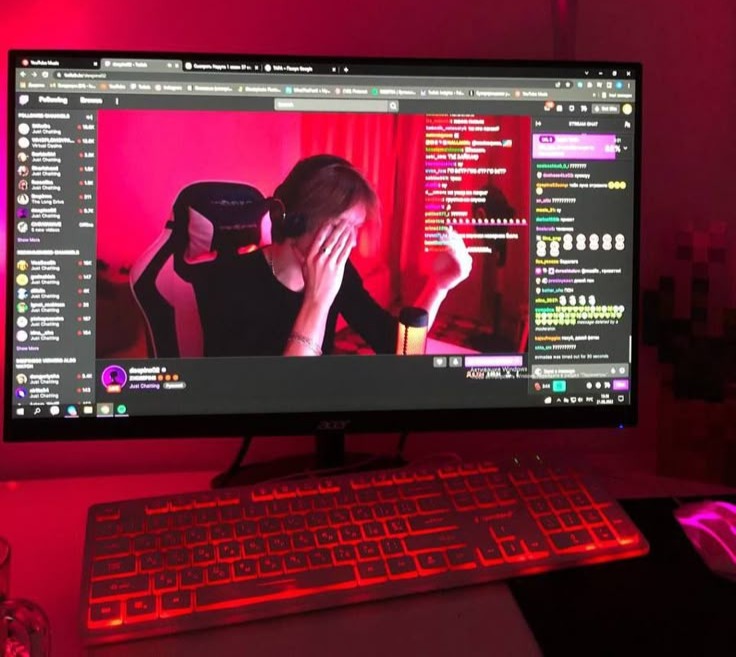Parasocial Nation: When the Audience Becomes the Story
Exhibit 002 - An ethnography of online intimacy and the illusion of connection
10/9/20252 min read


In the old world, relationships were built on time, proximity, and shared experience. In the digital world, they’re built on visibility.
We don’t just watch people online anymore, we live with them. Their routines, meltdowns, and milestones unfold in our feeds like serialized fiction, and we tune in daily to feel part of something bigger. This isn’t fandom anymore. It’s a nation of spectators, bound by emotional investment instead of borders.
The New Tribes of the Internet
Every creator spawns a tribe full of loyalists, heretics, and chroniclers. Their chatrooms are gathering places, their Discords are towns, their subreddits are archives. They build myths around human beings who broadcast for survival, mistaking performance for presence.
When a streamer cries, the audience mourns.
When a creator gets “cancelled,” the audience fragments into sects with some defending, others denouncing.
When someone disappears, theories form like folklore.
From the outside, it looks ridiculous. From the inside, it feels real.
That’s the power of parasociality — the illusion of shared reality.
Watching People Watch Themselves
Modern creators are both product and participant. They know their audience intimately and perform intimacy in return. Every reaction becomes feedback data. Every emotion becomes engagement.
The result is a feedback loop of mutual surveillance. Viewers track creators, creators track metrics, and authenticity becomes a calculated act.
The audience doesn’t just consume; it co-authors the persona.
And when the persona breaks down, everyone watches like it’s a public trial.
Digital Anthropology of Emotion
Parasocial behavior isn’t new, it’s ancient behavior given infinite reach. Humans have always worshiped symbols and built stories around distant figures. The difference now is speed and scale. The mythmaking happens in real time, and the myth talks back.
For anthropologists of the internet age, parasocial relationships are the clearest window into our collective loneliness.
They reveal how connection, commodified and broadcast, becomes performance art.
They show that in a world drowning in noise, attention has replaced affection.
The Loop We Can’t Escape
We scroll through other people’s lives to escape our own, yet the more we watch, the more we become part of the spectacle.
We think we’re observing culture, but culture is observing us back.
Welcome to the Parasocial Nation.
Population: everyone with a Wi-Fi connection.
